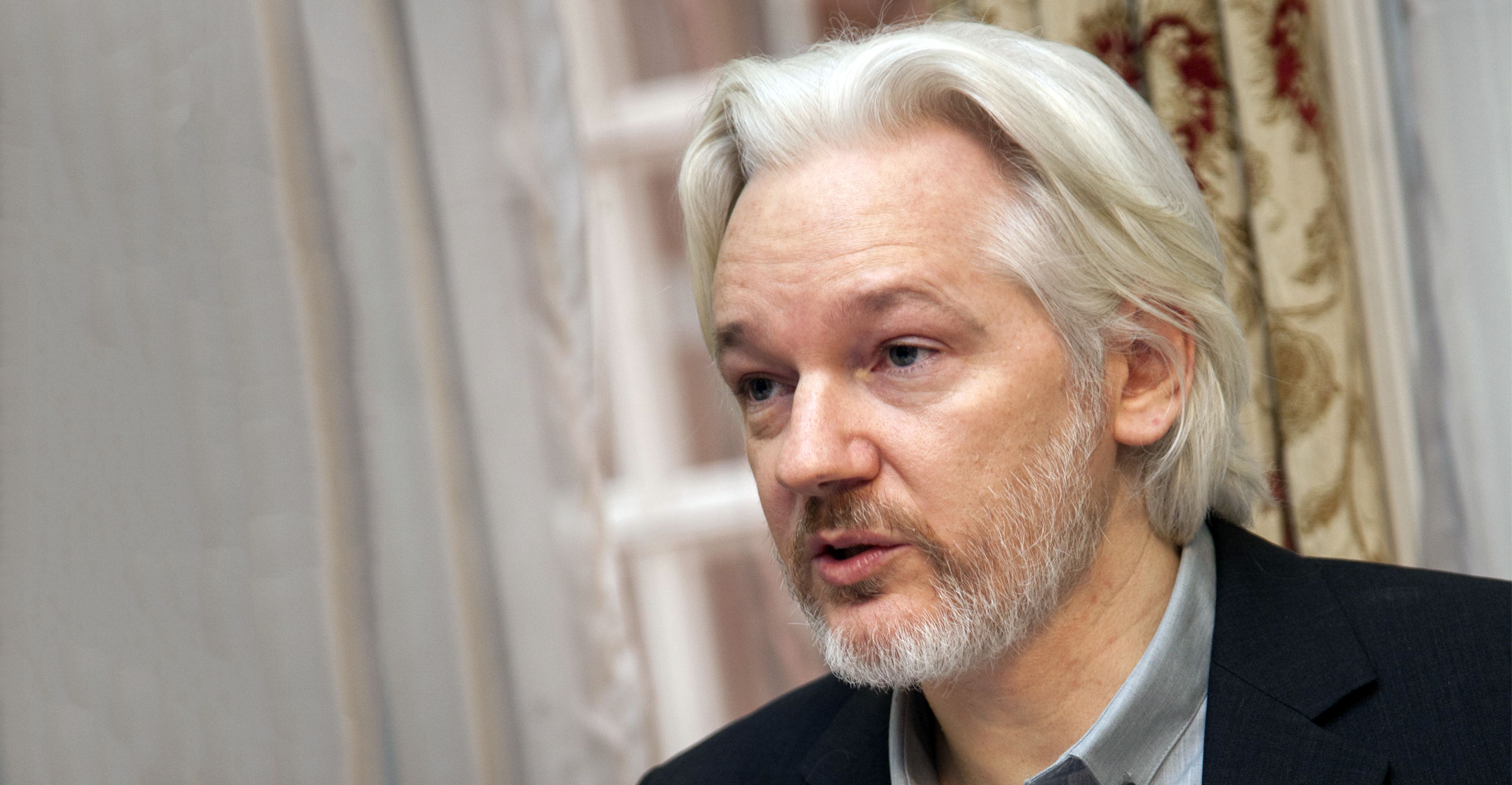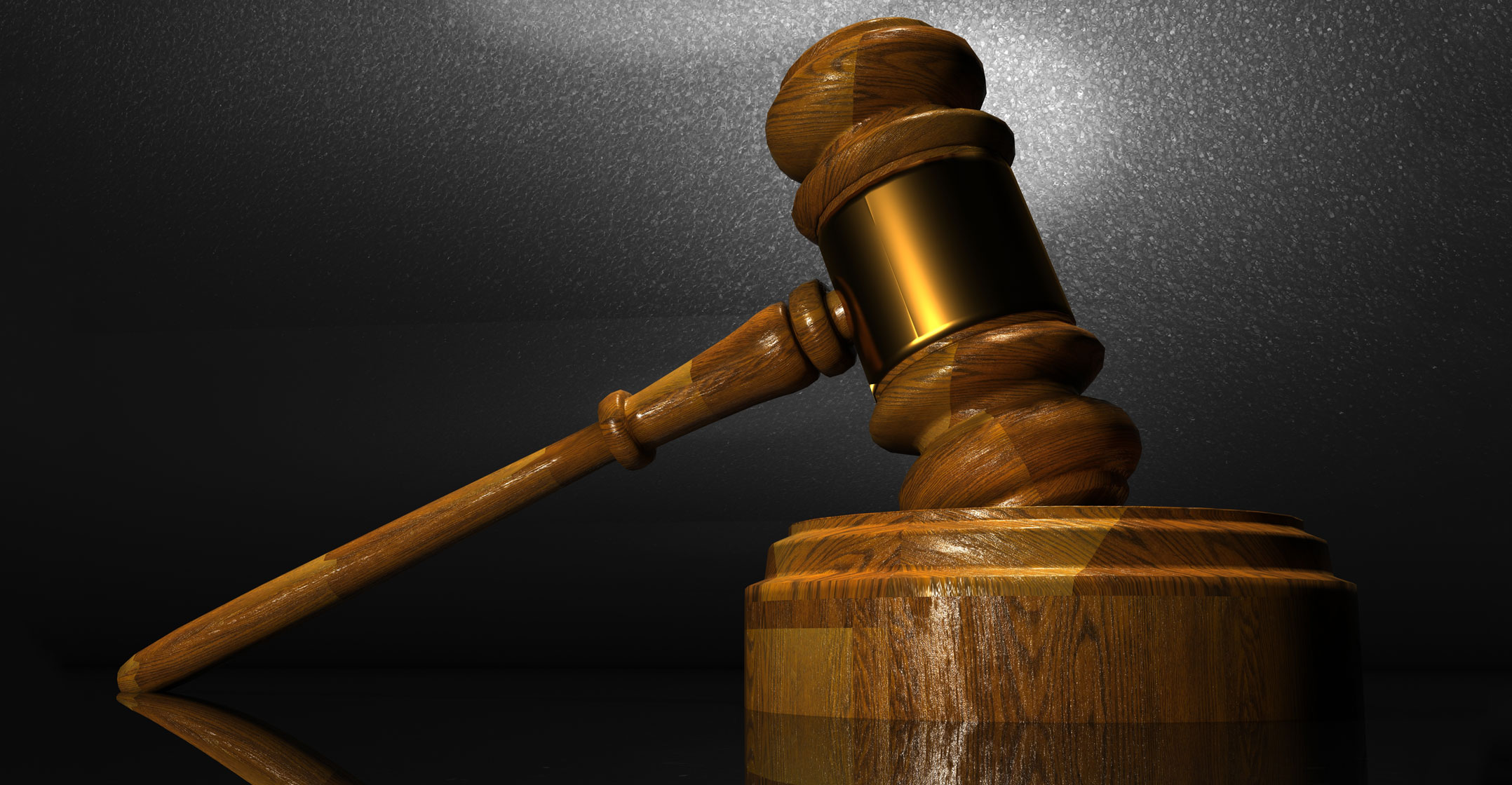
Julian Assange’s uncomfortable six-year stay at the Ecuadorian embassy in London is at an end. The standoff lasted long enough. The Wikileaks founder should be now legally cleared or convicted — just not in the US.
Moments after Ecuador withdrew Assange’s asylum on Thursday, he was arrested by the UK police on charges of jumping bail. In 2010, a court had ruled that he should be extradited to Sweden to face rape and sexual assault charges. Assange, however, said he feared the accusations were just a pretext for his eventual extradition to the US, where he might be tried for publishing state secrets.
The fear of being handed over to the US drove him to seek refuge at the Ecuadorian embassy. The Swedish investigations have been dropped but the fear remained, motivating Assange to stay in the embassy even after he’d worn out his welcome and his ability to communicate with the outside world was curtailed by the Ecuadorians.
An extradition process is now imminent. Last year, US prosecutors accidentally revealed that an indictment had been issued against him under seal. That’s standard procedure in cases where a suspect hasn’t been arrested and US authorities don’t want that person to get suspicious. But in Assange’s case, keeping the indictment secret no longer serves that purpose: he knows something is afoot, not least because Chelsea Manning, one of WikiLeaks’s major whistle-blowers, has been in jail since last month for refusing to testify in an Assange inquiry.
Whatever the US authorities’ reasons for keeping the indictment under seal, they’ll be forced to disclose the charges against him when they ask the UK to extradite him, at least to the British extradition judge. In accordance with the two countries’ extradition treaty, they’ll need to show they have a reasonable suspicion against Assange.
Politically charged
The judge then will have a lot of discretion in how to proceed. Assange may walk, for example, if the judge decides the US case against him is politically motivated. That could be a valid argument. On one hand, the Democratic Party, which has a majority in the US house of representatives, has reasons to be sour at Assange for publishing its documents from the 2016 presidential campaign that apparently were stolen by Russian military intelligence. On the other hand, the Trump administration may be interested in going after him to show that Donald Trump wasn’t behind the leak or even grateful for it. An Assange trial in the US would certainly be politically charged. But an extradition refusal on the ground of political charges would be a first in UK-US relations.
The UK-US extradition treaty, signed in 2003, gets a lot of criticism in the UK because, as then-attorney general Dominic Grieve told a 2012 parliamentary hearing: “There is a lack of public confidence in the US criminal justice system.” Activists and politicians have called for amendments, demanding a higher evidentiary standard and more protection for people handed over to the US. But the treaty has withstood the criticism, and attempts by suspects to argue, for example, that the US penitentiary system is so cruel as to violate European human rights protections have been struck down both by British courts and the European Court of Human Rights.
Still, the UK does occasionally refuse US extradition requests. According to government evidence submitted to the UK parliament, out of 106 such requests between 2007 and 2014, 14 were turned down, two of them on human rights grounds.
 The Assange case calls for another such refusal. If, as is likely, the US wants the WikiLeaks founder for publishing stolen government secrets, Human Rights Watch general counsel Dinah PoKempner expects him to be tried under the US Espionage Act of 1917, which has no exemptions for those who reveal classified information in the public interest.
The Assange case calls for another such refusal. If, as is likely, the US wants the WikiLeaks founder for publishing stolen government secrets, Human Rights Watch general counsel Dinah PoKempner expects him to be tried under the US Espionage Act of 1917, which has no exemptions for those who reveal classified information in the public interest.
Assange isn’t easy to defend. His actions during the 2016 US election suggest a motivation different from public interest — namely, a vengeful desire to hurt Hillary Clinton. But most of the big leaks WikiLeaks has published meet any reasonable definition of public interest journalism, the kind that resulted in the publication of the Pentagon Papers or the Washington Post’s reporting on Watergate. Article 6 of the European Convention of Human Rights stipulates the right to a fair trial, and there’s an argument to be made that depriving Assange of the public interest defence would make his US trial unfair.
A high-profile case like Assange’s could be the occasion for Americans to argue out the conflict between national security and public interest — clearly, the 1971 supreme court ruling in the Pentagon Papers case hasn’t laid it to rest. But perhaps dragging Assange to the US so this can be argued out isn’t quite fair to him, and it should be left up to European courts to decide whether he should be treated as a spy or an investigative journalist.
Though most of the leaks Assange’s site published came from the US, a few European countries, including France and Switzerland, also were targeted. Even the UK could argue that some of the leaks exposed its secrets. Europe, where Assange’s publications are not as politically sensitive as in the US, would probably be a fairer jurisdiction for his case. An extradition request from another European country or a UK case against Assange could help keep him out of US hands while still letting an independent court consider the evidence for and against him.
If such a European court decides that WikiLeaks generally has worked in the public interest and not as a “non-state hostile intelligence service”, as Mike Pompeo dubbed it when he was director of the US Central Intelligence Agency, that could create an opportunity for another US fugitive, Edward Snowden, to leave Russia and find refuge somewhere in the European Union. The US needs to legislate better whistle-blower protections before it demands that people like Assange and Snowden face its courts. — (c) 2019 Bloomberg LP

